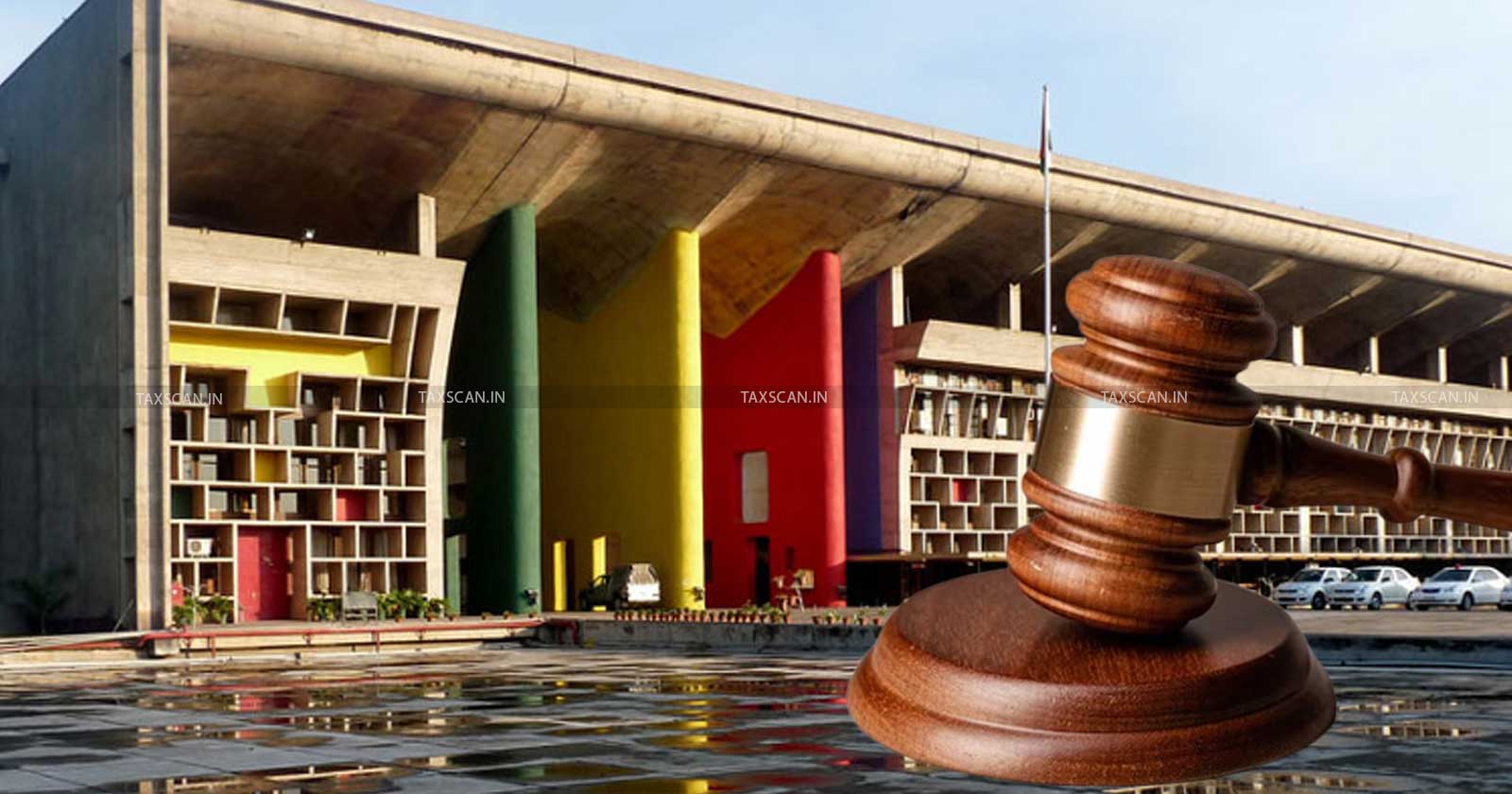Rule 8(3) Ultra Vires to 11AB (1) of Central Excise Act: Punjab & Haryana HC Allows Refund of Excessive Interest [Read Order]
The court directed the department to refund the amount kept by the department as an excess along with 6% interest per annum from the date the same was deposited erroneously.

Rule 8(3) Ultra Vires to 11AB (1) of Central Excise Act – Punjab Haryana HC – Refund of Excessive Interest – TAXSCAN
Rule 8(3) Ultra Vires to 11AB (1) of Central Excise Act – Punjab Haryana HC – Refund of Excessive Interest – TAXSCAN
In a recent case, the Punjab And Haryana High Court has held that Rule 8(3) ultra vires to section 11AB(1) of Central Excise Act, 1944 . The court directed the department to refund the amount kept by the department as an excess along with 6% interest per annum from the date the same was deposited erroneously.
Durga Board and Paper Industries Limited, the petitioner/assessee is engaged in manufacturing of Duplex Board. The petitioner has sought to recover a sum of Rs.3,66,649/- which was paid by the petitioner to the Department as interest in excess of actual interest liability. As per Rule 8 of the Central Excise Rules, 2002, the petitioner deposited additional interest amount on account of delayed payment of excise duty.
It was submitted that the Rajasthan High Court in case of Lucid Calloids Ltd. Vs. Union of India held that Sub-Rule (3) of Rule 8 is ultra vires to Section 11AB(1) of the Central Excise Act, 1944, therefore, interest cannot be charged more than 2% per month. The petitioner moved application before the respondents-Department seeking refund of the excess interest amount.
Master GST Notice Replies – Drafting 20 Notices, Including Appeals - Register Now
The application was rejected being time barred in terms of Section 11B of the Act and later appeal against the order was allowed. The Department preferred appeal against the said order and the same came to be decided by the Customs Excise and Service Tax Appellate Tribunal (CESTAT) in favour of the department holding the application to be time barred.
The department contended that the refund application was moved under Section 11B. Therefore, the petitioner is bound by the provisions of law for the purpose of refund and after having availed the said remedy, it cannot be allowed to take up the remedy under Article 226 of the Constitution of India specifically for the same relief.
On the other had the assessee contended that once a provision of law has been declared ultra vires it would mean that the same was never existing on the statute, hence, if any person has acted on the basis of an ultra vires Rule or Provision under an Act, such action giving advantage to any of the parties, will have to be recalled.
The division bench of Justice Sanjeev Prakash Sharma and Justice Sanjay Vashisth has observed that an amount received on the basis of provisions of law, which has been declared ultra vires has to be treated as in contravention of provision of Article 265 of the Constitution of India and the same has to be refunded.
The court held that when a person deposits a penalty more than required in terms of any Rule which is ultimately declared as ultra vires, the said amount will have to be returned back to him. It may be at his request or the department may take initiative and return it back.
Master GST Notice Replies – Drafting 20 Notices, Including Appeals - Register Now
The court directed the department to refund the amount kept by the department as an excess along with 6% interest per annum from the date the same was deposited erroneously. Deepak Aggarwal appeared for the petitioner and Saurabh Goel appeared for the respondent.
To Read the full text of the Order CLICK HERE
Support our journalism by subscribing to Taxscan premium. Follow us on Telegram for quick updates


